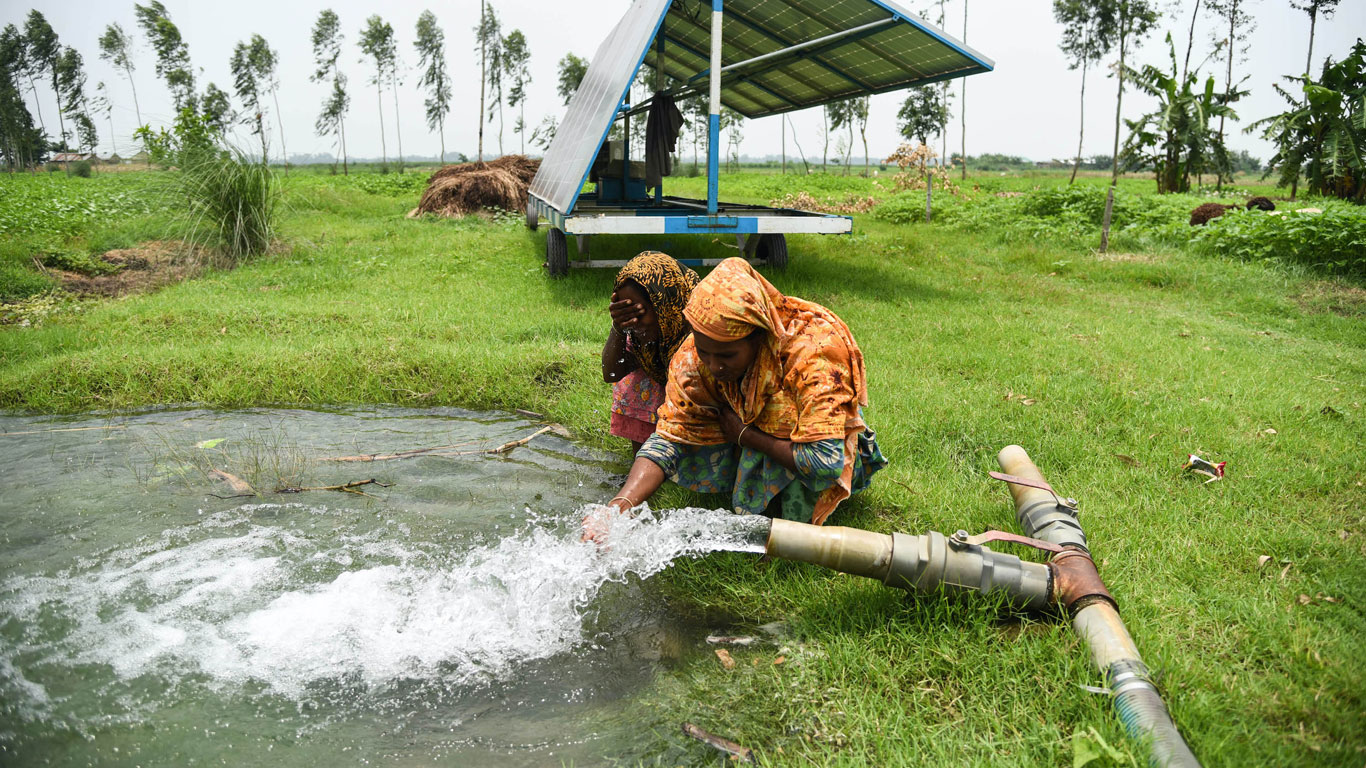Wetlands are among the most productive ecosystems on Earth, providing essential services such as water purification, biodiversity conservation, carbon sequestration, and flood control.
Women, as custodians of natural resources in many societies, play a significant role in the sustainable management and restoration of wetlands. Their involvement is crucial in maintaining ecological balance, preserving indigenous knowledge, and implementing eco-friendly practices.
Women contribute through their active participation in conservation programmes, policy-making, and community-based wetland restoration efforts. They are often responsible for water collection and land use practices, which directly impact wetland health.
Their deep-rooted connection with nature enables them to understand the delicate interplay between water bodies and surrounding vegetation, making them valuable agents of change in wetland sustainability. One of the most critical aspects of wetland restoration is plantation, as wetland vegetation serves as a natural filter for pollutants, prevents soil erosion, and supports aquatic life.
Women can lead afforestation efforts by planting species such as Typha, mangroves, and bulrushes, which are essential for stabilising wetland soils, improving water quality, and providing habitat for diverse organisms. Moreover, women’s expertise in sustainable agriculture can promote agroforestry practices that prevent wetland degradation while ensuring economic benefits for local communities.
Despite their significant contributions, women often face barriers such as lack of access to decision-making platforms, land ownership rights, and financial resources. Addressing these challenges requires gender-inclusive policies, capacity-building programmes, and the integration of women into scientific research and wetland governance.
By empowering women with technical knowledge, financial support, and leadership roles, we can enhance wetland conservation strategies and promote long-term sustainability.






